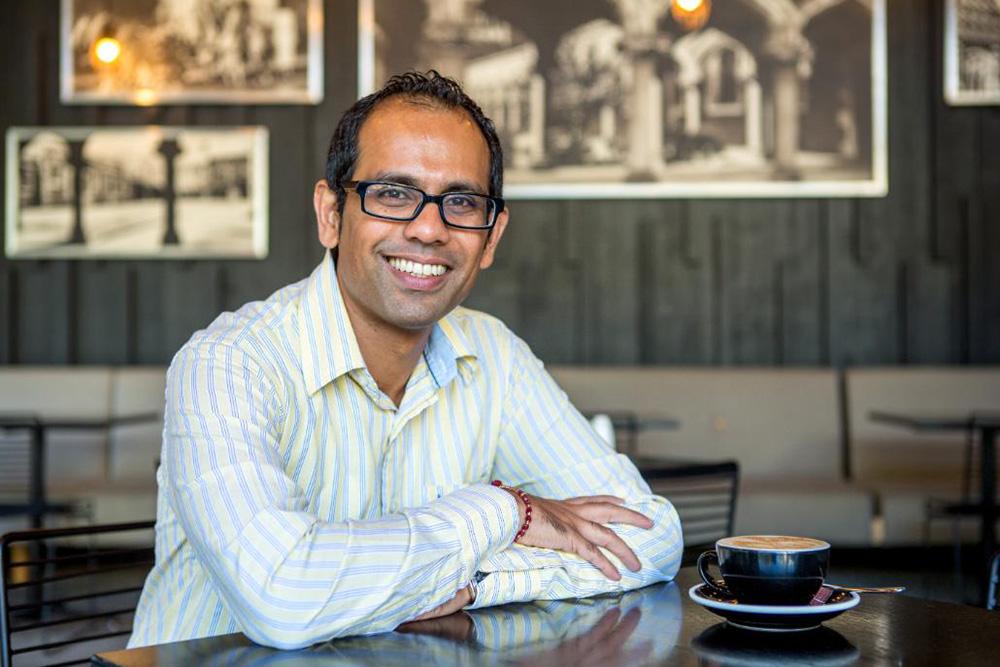This subject has a strong focus on the management and marketing of tourism, including destination marketing, impacts of tourism on the environment and local culture, Māori and Indigenous tourism, and specialised marketing in the hospitality and events sectors.
You will also focus on sustainable and resilient tourism operations, how to responsibly develop tourism, and finding the balance between ‘overtourism’ and ‘undertourism’.
What will you learn?
- Hands-on learning through internships and final-year industry projects. You can also go on an international exchange with one of UC’s global partners.
- A focus on cultural and natural resources management and tourism issues in Aotearoa.
- Choose courses that develop your expertise in an area that interests you such as foreign policy, languages, entrepreneurship, or digital marketing.
- You will learn from lecturers with expertise in marketing and tourism research, and industry experience.

